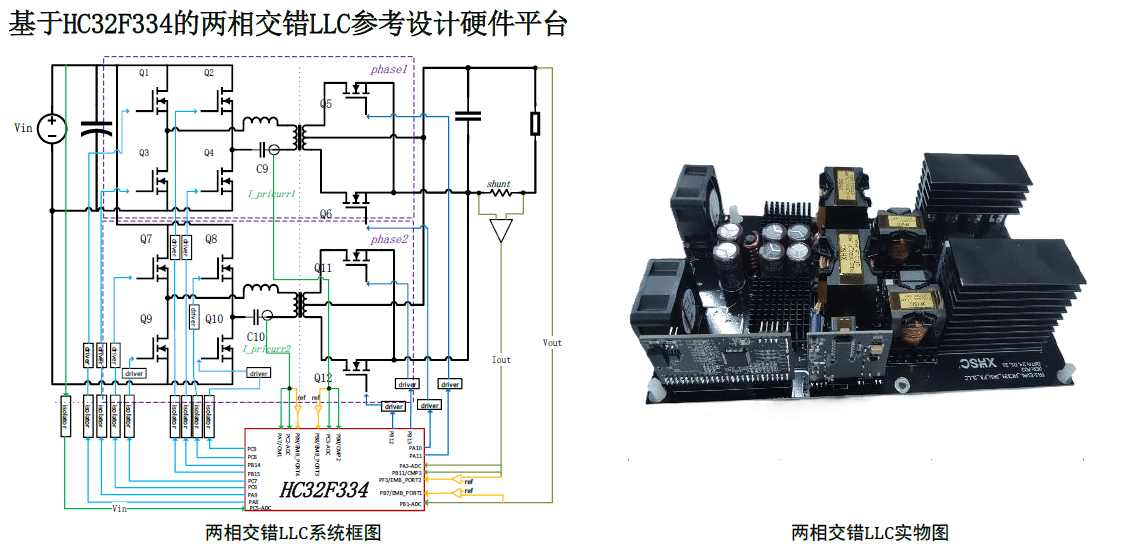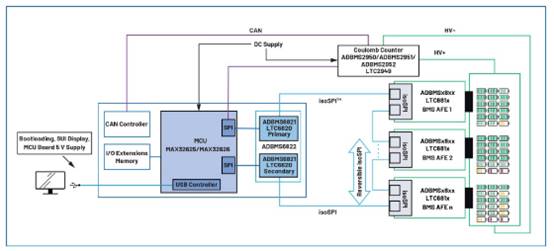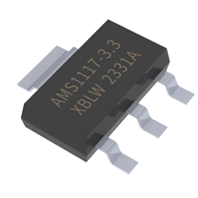一. 程序功用
编写程序将特定格局的输入转换为C言语声明.
二. 程序源码
#include
#include
#include
#define MAXTOKEN 100
enum {NAME, PARENS, BRACKETS};
int tokentype;
char token[MAXTOKEN];
char name[MAXTOKEN];
char datatype[MAXTOKEN];
char out[1000];
int p_getch(void);
void p_ungetch(int);
int main(void)
{
int type, lasttype;
char temp[MAXTOKEN];
printf(“Please input(ctrl+z to quit)\n”);
while (gettoken() != EOF)
{
strcpy(out, token);
lasttype = 0;
while ((type = gettoken()) != \n)
{
if (type == NAME)
{
sprintf(temp, “%s %s”, token, out);
strcpy(out, temp);
}
else
{
if (lasttype == *)
{
sprintf(temp, “(%s)”, out);
strcpy(out, temp);
}
if (type == PARENS || type == BRACKETS)
strcat(out, token);
else if (type == *)
{
sprintf(temp, “*%s”, out);
strcpy(out, temp);
}
else
printf(“Error: Invalid input at %s!\n”, token);
}
lasttype = type;
}
printf(“%s\n”,out);
}
return 0;
}
int gettoken(void)
{
int c;
char *p = token;
while ((c = p_getch()) == || c == \t)
;
if (c == ()
{
if ((c = p_getch()) == ))
{
strcpy(token, “()”);
return tokentype = PARENS;
}
else
{
p_ungetch(c);
return tokentype = (;
}
}
else if (c == [)
{
for (*p++ = c; (*p++ = p_getch()) != ];)
;
*p = \0;
return tokentype = BRACKETS;
}
else if (isalpha(c))
{
for (*p++ = c; isalnum(c = p_getch());)
*p++ = c;
*p = \0;
p_ungetch(c);
return tokentype = NAME;
}
else
return tokentype = c;
}
#define BUFSIZE 100
char buf[BUFSIZE];
int bufp = 0;
int p_getch(void)
{
return (bufp > 0) ? buf[–bufp]: getchar();
}
void p_ungetch(int c)
{
if (bufp < BUFSIZE)
buf[bufp++] = c;
else
printf(“Error: (ungetch) Too many chars in buffer1\n”);
}
三. 程序小结
比方:
输入: x * char
输出: char *x
输入: daytab * [13] int
输出: int (*daytab)[13]
声明:本文内容来自网络转载或用户投稿,文章版权归原作者和原出处所有。文中观点,不代表本站立场。若有侵权请联系本站删除(kf@86ic.com)https://www.86ic.net/dianyuan/kaiguan/262290.html









